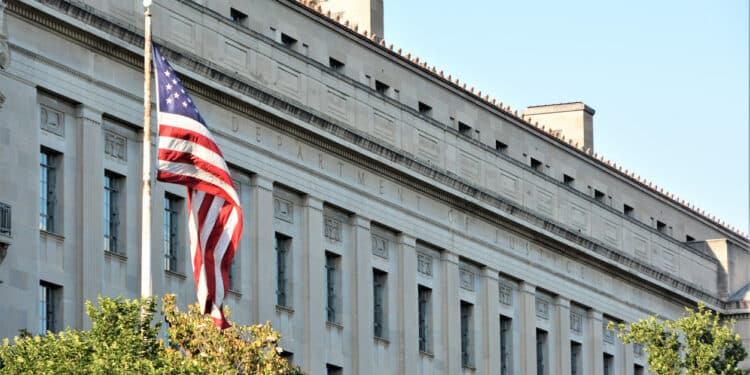On January 15, the U.S. Department of Justice (DOJ) released Fiscal Year 2024 statistics for the False Claims Act. During FY 2024, settlements and judgments under the False Claims Act exceeded $2.9 billion.
The False Claims Act’s qui tam whistleblower provisions remain vital to its success as over $2.4 billion of the recoveries stemmed from qui tam whistleblower lawsuits. Furthermore, according to the government, a record 979 qui tam lawsuits were filed in FY 2024.
Under the False Claim Act’s qui tam provisions, individuals may file lawsuits alleging government contracting fraud on behalf of the United States. The government then has the ability to intervene and take over the case, intervene and dismiss the case, or not intervene and let the whistleblower proceed with the suit. In successful qui tam cases, regardless of whether the government intervenes, whistleblowers are eligible to receive between 15 and 30% of the settlement or judgment.
Since the False Claims Act’s qui tam provisions were modernized in 1986, qui tam whistleblower cases have resulted in over $55 billion in recoveries.
“The Department’s enforcement of the False Claims Act this past year demonstrates its continued commitment to pursuing those who seek to defraud the American taxpayers,” said Principal Deputy Associate Attorney General Mizer. “The False Claims Act and its whistleblower provisions remain a critical tool in protecting the public fisc and ensuring that taxpayer funds serve the purposes for which they were intended.”
According to the DOJ, the statistics “reflect the Department’s focus on key enforcement priorities, including combating health care fraud, the opioid epidemic, fraud in pandemic relief programs, and violations of cybersecurity requirements in government contracts and grants.”
In announcing the statistics, the DOJ pointed to a number of major qui tam settlements from FY 2024, including a $345 million settlement with Community Health Network over kickback allegations, a $101 million settlement with Rite Aid relating to opioid dispensing and reporting rebates, and a $70 million settlement with Sikorsky over alleged improper markups for airplane parts.
In 2024, a district judge in Florida ruled that the False Claims Act’s qui tam provisions were unconstitutional. The U.S. federal government is urging the U.S. Court of Appeals for the Eleventh Circuit to reverse that decision, stating in a brief that “other than the district court here, every court to have addressed the constitutionality of the False Claims Act’s qui tam provisions has upheld them.”
On January 15, Pam Bondi, President-elect Trump’s nomination to be the Attorney General of the United States, voiced her support for the constitutionality of the False Claims Act during her Senate confirmation hearing.
“I would defend the constitutionality of course of the False Claims Act,” Bondi stated. “The False Claims Act is so important, especially by what you said with whistleblowers.”
Further Reading:
False Claims Act Settlements and Judgments Exceed $2.9B in Fiscal Year 2024
Qui Tam Provisions Are Constitutional, U.S. Government Claims in Brief




